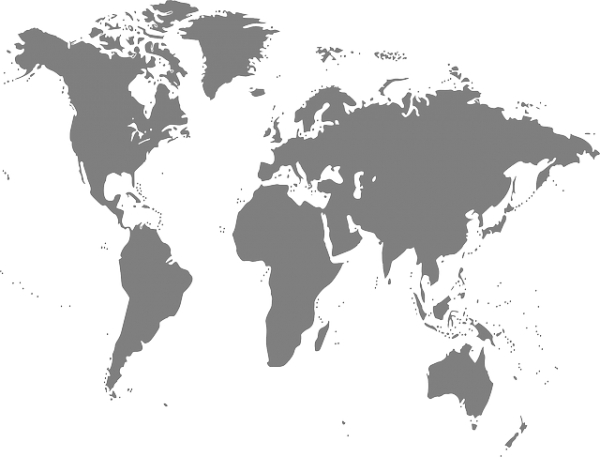6 Questions you must consider to internationalise your business
In many cases, the internationalisation of a business is produced as a result of an exceptional trade opportunity. But this is not enough to start with an internationalisation strategy.
The internationalisation is one of the key tools to increase sales, but it is about neither going abroad without an objective, nor being present in as many countries as possible. The best thing to do is to focus on three markets and address them properly instead of managing twenty markets at the same time. Many companies start its international expansion with concrete opportunities and, suddenly, they are in 10 countries and selling by €10,000 in each of them.
You cannot take advantage of the economies of scales with this type of strategies. "It is more important to address countries one by one in order to plan to open a delegation or a warehouse as well as being able to invest in trademarks. It is thought that with many countries, risk is spread out, but it is not true: in the end, you depend on one client in each country who you are not important for and one day he tells you he is not interested anymore and it is over. This is no the appropriate way of working in a market. The focal point is important: fewer markets in a more intensive way" as it points out Fernando Llano, internationalisation expert consultant from Improven.
In his book "Market your way to growth: 8 ways to win" (LID Editorial), Philip Kotler, father of the modern marketing, assures that companies which achieve a successful internationalisation are not those which find opportunities, but those which find, as he defines, "profitable opportunities". Kotler proposes in his manual six principal questions to consider before starting an internationalisation process related to company growth in the medium and long term, but they also give tips on the short-term results:
1. Will foreign customers accept the product or service as it is, or will it be necessary to make changes? Kotler sets out. In the book, he reminds how Kraft built a factory in China to produce cheese that did not work because 90 % Han Chinese are lactose intolerant.
2. ¿Should the company build and manage its own facilities for the production abroad or would it be better to subcontract and supervise? Korlet continues.
3. Should the company set low prices in order to accelerate the introduction into the market from the first sales or should it set higher prices which guarantee a profit margin?, he sets out in the third place.
4. Which distributors or agents should the company contract to achieve that the product or service is quickly available in the foreign market?
5. Which type of logistics should it use in order to guarantee that the product arrives on time and in good conditions?
6. Which services should the company include in its offer to foreign customers? What does it refers to? It refers to the necessity of having a business staff who speaks directly to the customers in the homeland or not, to design long-term payment systems in order to help to pay for the products if they are expensive ones.
Source: Emprendedores.es







